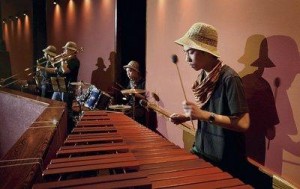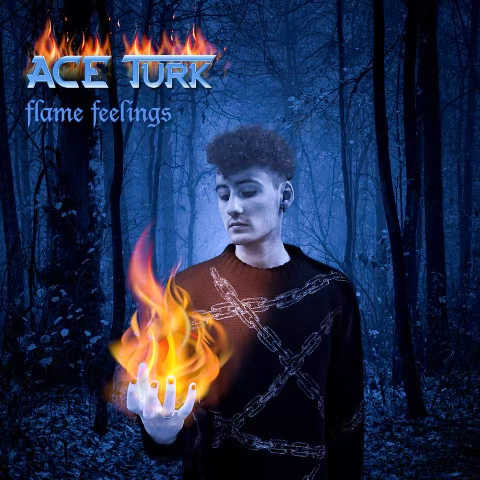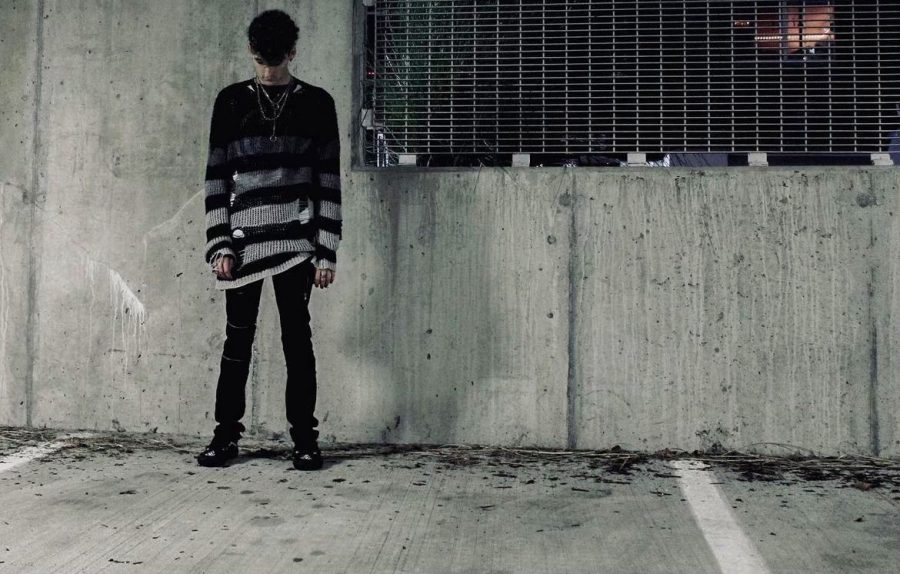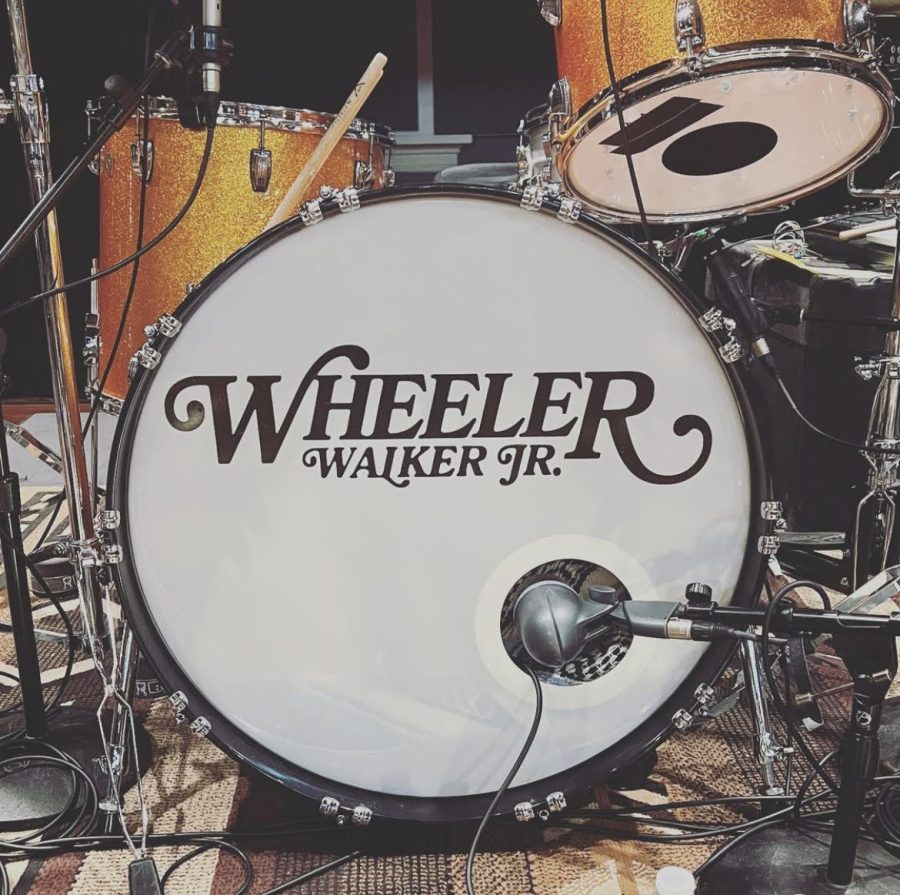By Lisa Fernandez, mercurynews.com
Lawrence Wang used to hate the shrill sounds of the flute. He’d clamp his hands over his ears to drown out his sister’s piano playing. During music lessons, he’d fidget and fight with his teacher.

On Saturday, though, he tapped his feet while blowing happily on his saxophone, a member of an unusual band of special-needs performers.
Those who love Wang and his peers are thrilled to see how music calms their autistic nerves and becomes a unifying force in a world where they often don’t easily fit.
“Don’t ever give up on your children,’’ said Lawrence’s mother, Anna Wang of Fremont, who through her son, now 20, has become a prominent Silicon Valley autism activist.
“You’ve got to open them up to possibilities. We so often write them off. It doesn’t do our children justice. God has gifts for everyone.’’
Later this month, Wang and 21 others have gigs at the East Side Union High School District and at a Santa Clara restaurant with the predominantly autistic band, the Magic Makers.
Autism is a bioneurological disease often marked by impaired social behavior, such as making scant eye contact and speaking repetitively. As the 1988 film Rain Man demonstrated, autistic people can also have genius-like qualities. In that Academy-Award winning film, the lead character, played by Dustin Hoffman, was gifted in memory and math.
Some of the Magic Makers are gifted in music.
Wang’s mother calls him a “music savant.” He doesn’t practice.
He doesn’t sight-read. And he still mostly argues with his music teachers during lessons. But pop in a CD, and in an instant “Lawrence hears the music and almost simultaneously transposes it,’’ his mother said. “It’s really weird.’’
It may be a little weird at first, said David Ladd Anderson, the band’s director, but it’s also wonderful.
“These guys can sing and play at a really high level,’’ said Anderson, who is also a wildly popular music teacher at Buchser School in Santa Clara, where he started a dancing group for kids with special needs 10 years ago. “The singers have perfect pitch. The musicians give 100 percent effort even if they don’t look or talk to each other much.’’
On Saturday, Wang and his three autistic friends didn’t need to look at each other much as they jammed on Disney’s The Jungle Book’s tunes at the Mexican Heritage Plaza in San Jose. They joined a larger performance put on by Angels on Stage, a theater troupe of children with special needs.
As the performers entertained the audience from the balcony, you’d never know Wang picked up the saxophone three months ago and rarely practices. He hit the notes and kept up with the steady beat of drummer Chi-Ling Wu, 19, of San Jose.
In between sets, you might notice that Wang is autistic. He didn’t really want to answer questions about his musical talents. Instead, he slouched over a video game and kept asking his mother if they’d be back in the car by 4 p.m. after the show, as she had promised.
“He likes things a certain way every day,’’ Anna Wang said. “These performances mess up his schedule.’’
Fellow musician Anthony Nakamoto of San Jose, is much more gregarious than Wang. When meeting a stranger for the first time, this 16-year-old asks rapid fire: What kind of car do you drive? What model? What make?
Then, on stage, he transforms into a rock star. To watch him play the electric guitar, xylophone or, as he did Saturday, the marimba is to be amazed. Although he rarely practices and learns his favorite Beatles tunes simply by clicking on YouTube, he’s fun to watch, banging his sticks with amazing zest and zeal.
“You know, he doesn’t communicate with other kids except for music,’’ said his mother, Hiroko Nakamoto. “His communication tool is music. It’s just great therapy.’’
Donna Smith of San Jose always feels better when the music starts for her 23-year-old son, Bernard. To her, Bernard seemed agitated being in a theater with lots of strangers.
He sat by himself at one point, whispering aloud to himself before the show.
But just talk to him about music. Ask him what his favorite song is. He won’t just answer. Instead, in perfect, angelic pitch, he’ll break out the Monkees’ hit “Daydream Believer.”
“Bernard’s excellent,’’ his mother said, adding that he plays with a few other mainstream jazz groups. “He’s good enough to be professional, except for his autistic behavior.
He’s easily frustrated. He gets anxious. He stresses and he paces. But as soon as the music starts, the problems go away.’’












